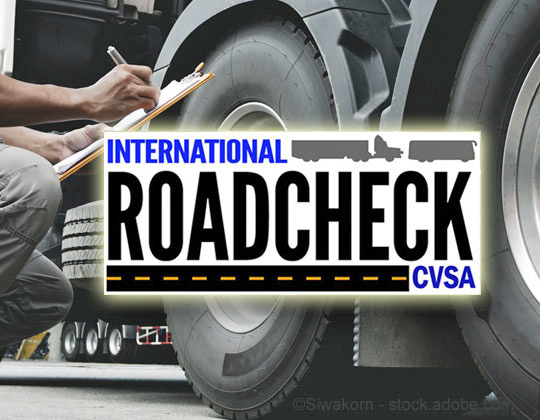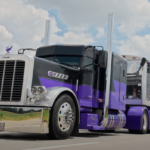Just a quick heads up: The Commercial Vehicle Safety Alliance (CVSA) is holding its International Roadcheck from May 14th to May 16th.
During this period, law enforcement certified by CVSA will be inspecting commercial motor vehicles and their drivers at various locations like weigh stations, temporary sites, and through mobile patrols. Their goal is to ensure compliance with federal, state, provincial, or territorial regulations regarding vehicle safety and driver behavior.
Each year, International Roadcheck focuses on specific violation categories. This time, they’re paying special attention to tractor protection systems and issues related to alcohol and controlled substances possession among drivers.
The rise in prohibited drivers listed in the U.S. Drug and Alcohol Clearinghouse (DACH) has raised concerns among motor carriers, drivers, and the public. This poses a serious threat to road safety across North America, according to CVSA.
Additionally, Roadcheck aims to raise awareness about tractor protection systems. These include valves like the tractor protection valve, trailer supply valve, and anti-bleed back valve, which are sometimes overlooked during inspections. To help with this, CVSA has issued an inspection bulletin detailing how to properly check these systems, available in French and Spanish as well.
During the three days of International Roadcheck, inspectors will conduct the North American Standard Level I Inspection, a thorough procedure covering 37 steps to inspect vehicle components and driver documentation.
For vehicles, inspectors will ensure compliance with regulations regarding brake systems, cargo securement, coupling devices, driveline components, driver’s seat, fuel and exhaust systems, frames, lighting devices, steering mechanisms, suspensions, tires, wheels, rims, hubs, and windshield wipers. Inspections of passenger-carrying vehicles will also cover emergency exits, seating, and electrical systems.
Vehicles that pass a Level I or V Inspection without critical violations may receive a CVSA decal valid for three months. However, if out-of-service violations are found, the vehicle will be restricted from operating until issues are addressed.
During driver inspections, inspectors will check operating credentials, hours-of-service documentation, DACH status (in the U.S.), seat belt usage, and signs of alcohol or drug impairment. Drivers found with out-of-service violations will be restricted from operating their vehicles.
In cases of inclement weather or other limitations, a Level II Walk-Around Driver/Vehicle Inspection or Level III Driver/Credential/Administrative Inspection may be conducted instead of a Level I Inspection. These inspections do not qualify for a CVSA decal.





